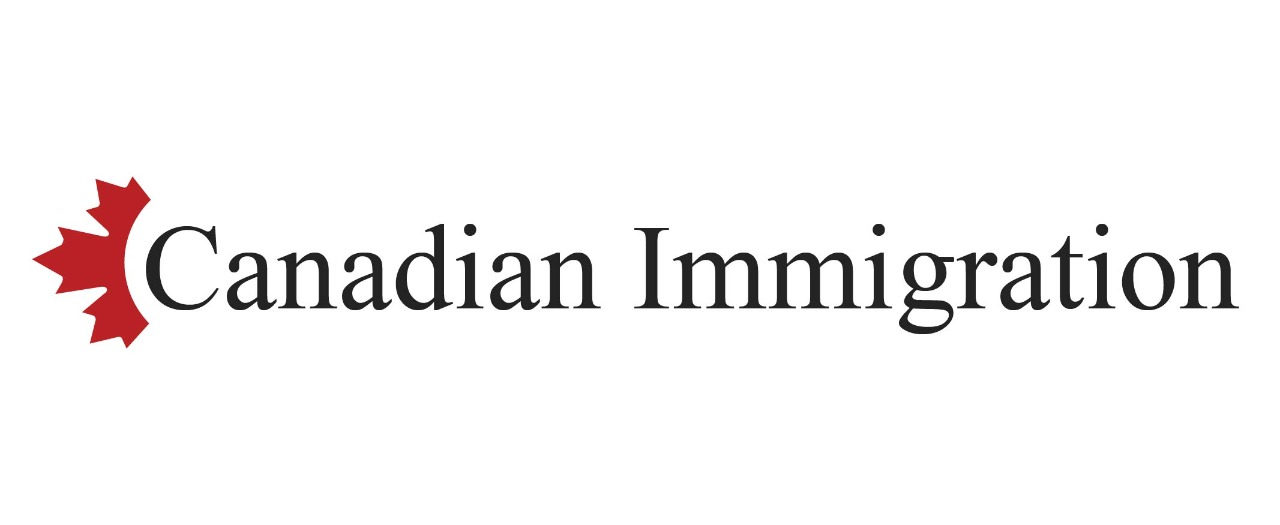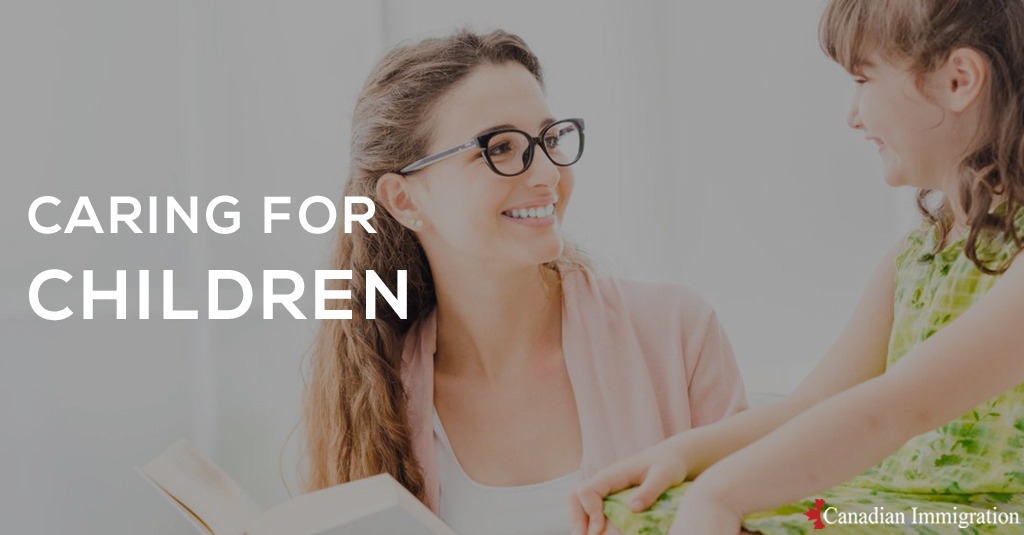To be eligible for the Live-in Caregiver Program (LCP) in Canada, live-in cares must be qualified to provide care for children, the elderly, or individuals with disabilities in private homes without supervision.
Applications:
As of June 18, 2019, new applications for caring for children and caring for persons with significant medical needs classes were closed. Applications received by the deadline of June 18, 2019, are being processed. Applications submitted after June 18, 2019, will be returned.
The caring for children and caring for persons with significant medical needs classes are two economic pilot programs for foreign nationals who have at least two years of full-time Canadian work experience in an appropriate caregiver occupation and meet minimal education and language proficiency standards.
Languages:
To function independently in the employers’ home, the caregiver must be able to speak, read, and understand either English or French. For example, because the caregiver will be alone for the majority of the day, they must be able to summon emergency services and understand drug labels.
Eligibility:
The employee (caregiver) must have completed the equivalent of Canadian high school education (secondary school). Because of the enormous differences in educational systems across Canada, it is impossible to provide an exact number of years required. However, in most Canadian jurisdictions, obtaining a Canadian high school diploma requires twelve years of education. The immigration officer who is reviewing your application will inform you of what is required.
You must apply for an initial live-in caregiver work permit at a visa office outside of Canada to be on a live-in caregiver visa. If your application is approved, you will receive a letter of referral from the Canadian visa office responsible for your area. When you arrive in Canada, you must show this letter to the Border Services Officer in order to acquire your work visa.


